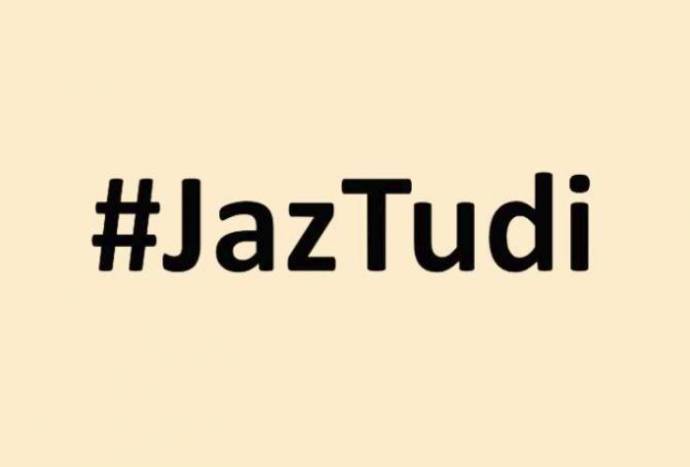STA, March 8, 2018 – This year, International Women's Day coincides with women's determination around the globe to go public about sexual abuse. In Slovenia, an average 200 women report sexual abuse every year, statistics show.
Slovenian women have joined the #MeToo movement, which has seen increasing number of women sharing their stories of sexual abuse in the wake of the Harvey Weinstein scandal in the US.
The 8 March Institute has urged Slovenian women to tell their stories under #JazTudi, the Slovenian equivalent of the movement, with the first accounts published on the eve of the holiday.
"Experiencing sexual violence is still considered an acceptable part of womanliness in Slovenia," Darja Zaviršek of the Ljubljana Faculty of Social Work told the STA.
She explained the campaign, targetting both women and men, is aimed at raising the awareness that people must say "no" to sexual violence.
"We're trying to raise the awareness that sharing stories creates collective knowledge about something that has not yet entered the public arena in Slovenia."
Women speaking up publicly and collectively about what has been suppressed and blurred has the power of women's rebellion, she added.
The director of the institute, Nika Kovač, said that stories about sexual abuse are coming in from all walks of life - from students to women in high positions.
"In the current system, women are subordinated at various levels - single pensioners are at the highest risk of poverty, women able to work find it harder to find a job, and there is sexual harassment."
"To be able to speak about a more equal society, all these problems need to be tackled comprehensively," Kovač told the STA.
Data released by the Statistics Office (SURS) show around 1,600 women in Slovenia experienced physical or sexual violence a year in 2010-2014, with 200 women reporting sexual violence.
For comparison, there were 215,000 cases of sexual violence reported in the EU in 2015, of which 80,000 were rapes.
Meanwhile, there are more women then men with tertiary education in Slovenia, yet they earn an average 450 euro less a month than male colleagues, SURS said.
Eurostat data for 2016, however, show that women in the EU earned an average 16% less then men, with the difference for Slovenia standing at 7.8%.
Nevertheless, Slovenia placed among the EU countries where the difference in pay increased by most from 2011, by 4.5 percentage points.
Women in Slovenia, meanwhile, are at greater risk of poverty. In 2016, the at-risk-of-poverty rate stood at 15.2%, nearly three percentage points more than for men, SURS figures show.
Despite earning less and being at a greater risk of poverty, Slovenian women are generally a bit happier with their lives than men.
And when the European Institute for Gender Equality from Lithuania measured gender equality in EU countries in 2015, Slovenia placed 10th.
The gender equality index measures differences between men and women in the areas of power, time, money, health, work and knowledge.
Slovenia placed above the EU average in all fields but knowledge, according to SURS.
Its best score was in the area of power, which measures equality in decision-making positions in politics and business.
Topping the list of 28 EU countries was Sweden, while Greece placed at the bottom.
The initiative to celebrate a day dedicated to women was given in 1910 by German communist Clara Zetkin at an international conference of socialist women in Denmark.
But it took until 1977 for the UN General Assembly to declare 8 March International Women's Day.
Ahead of this year's holiday, Secretary General Antonio Guterres said gender equality and women empowerment were a goal yet to be reached and the biggest challenge in human rights.







